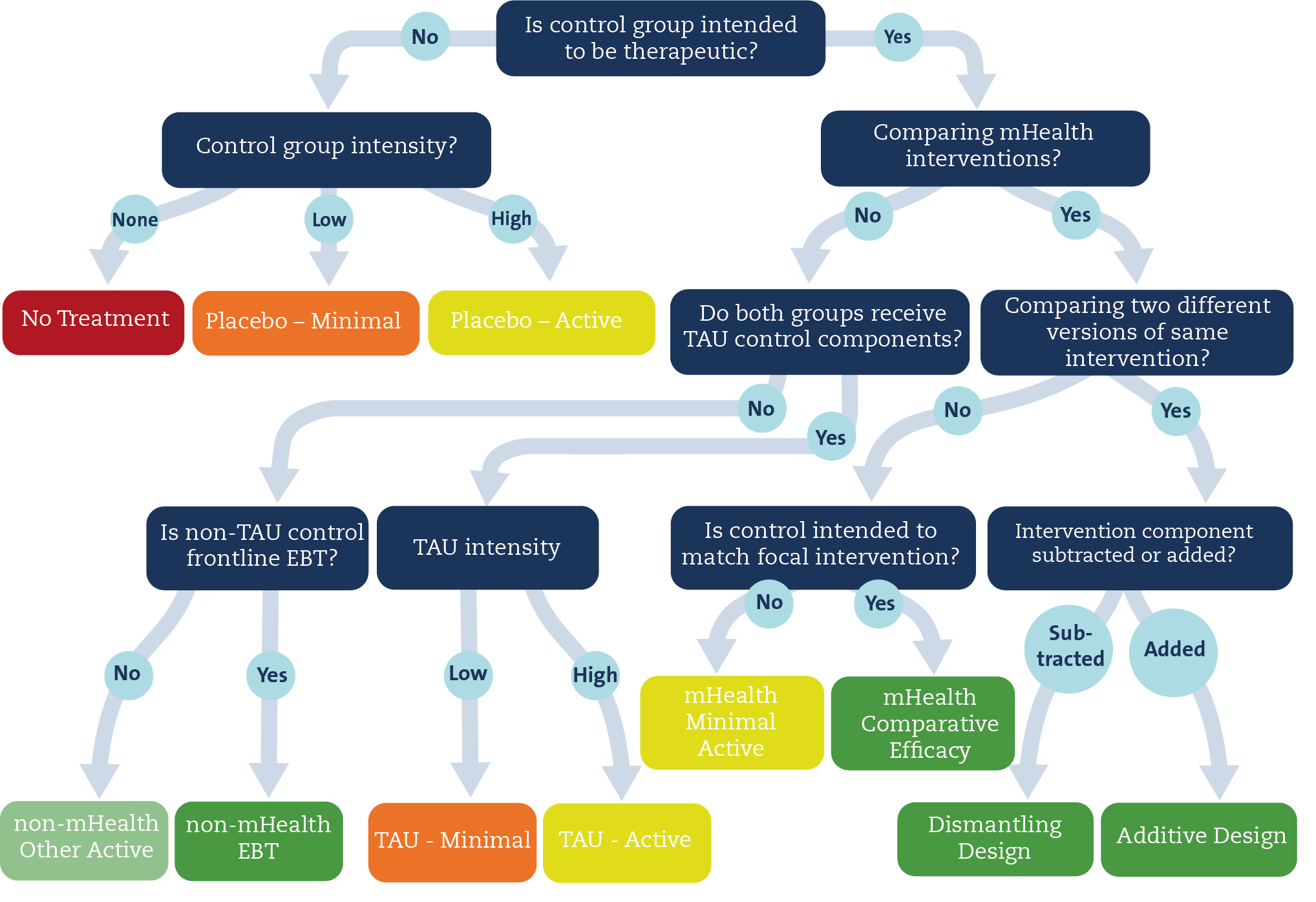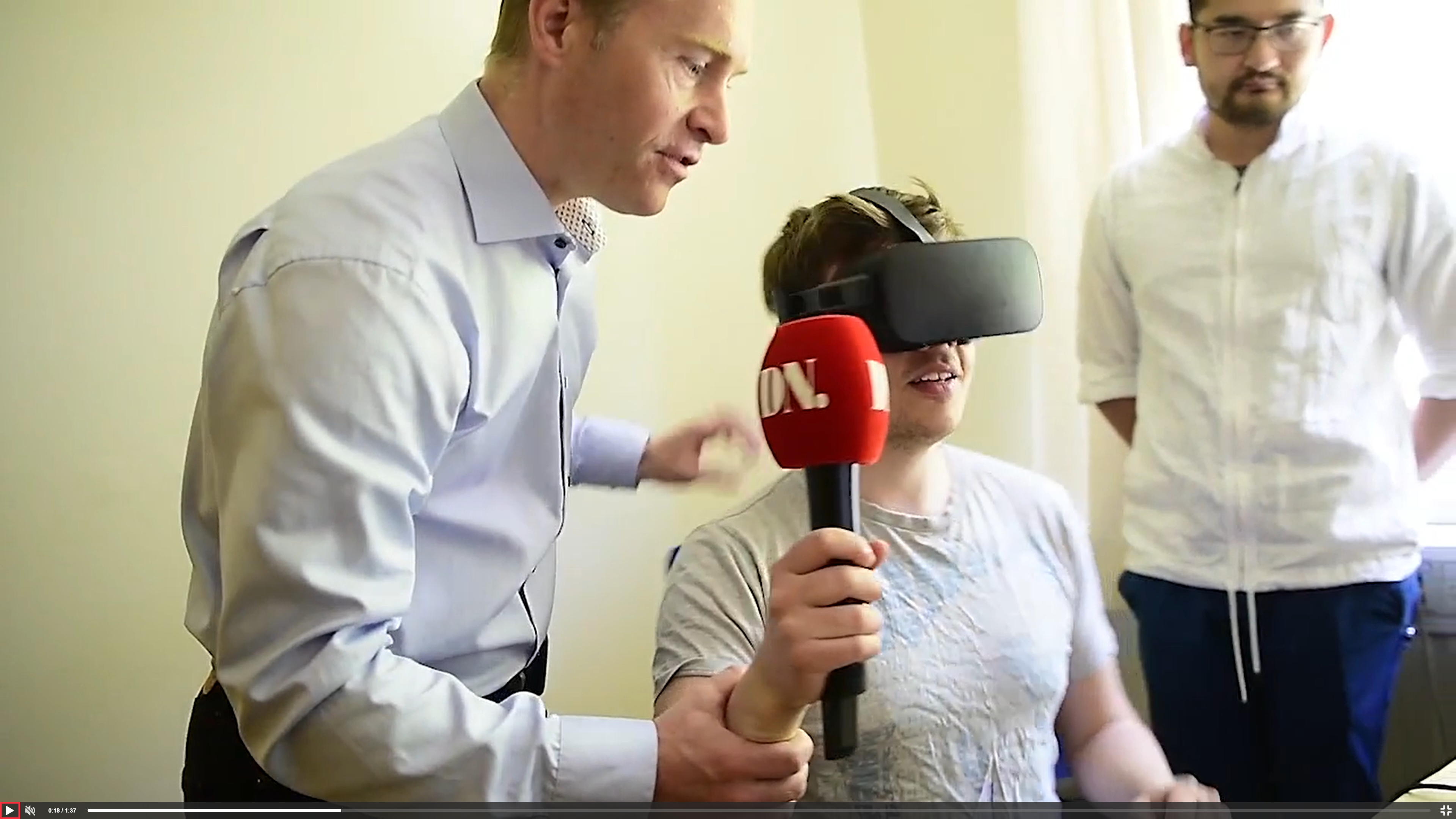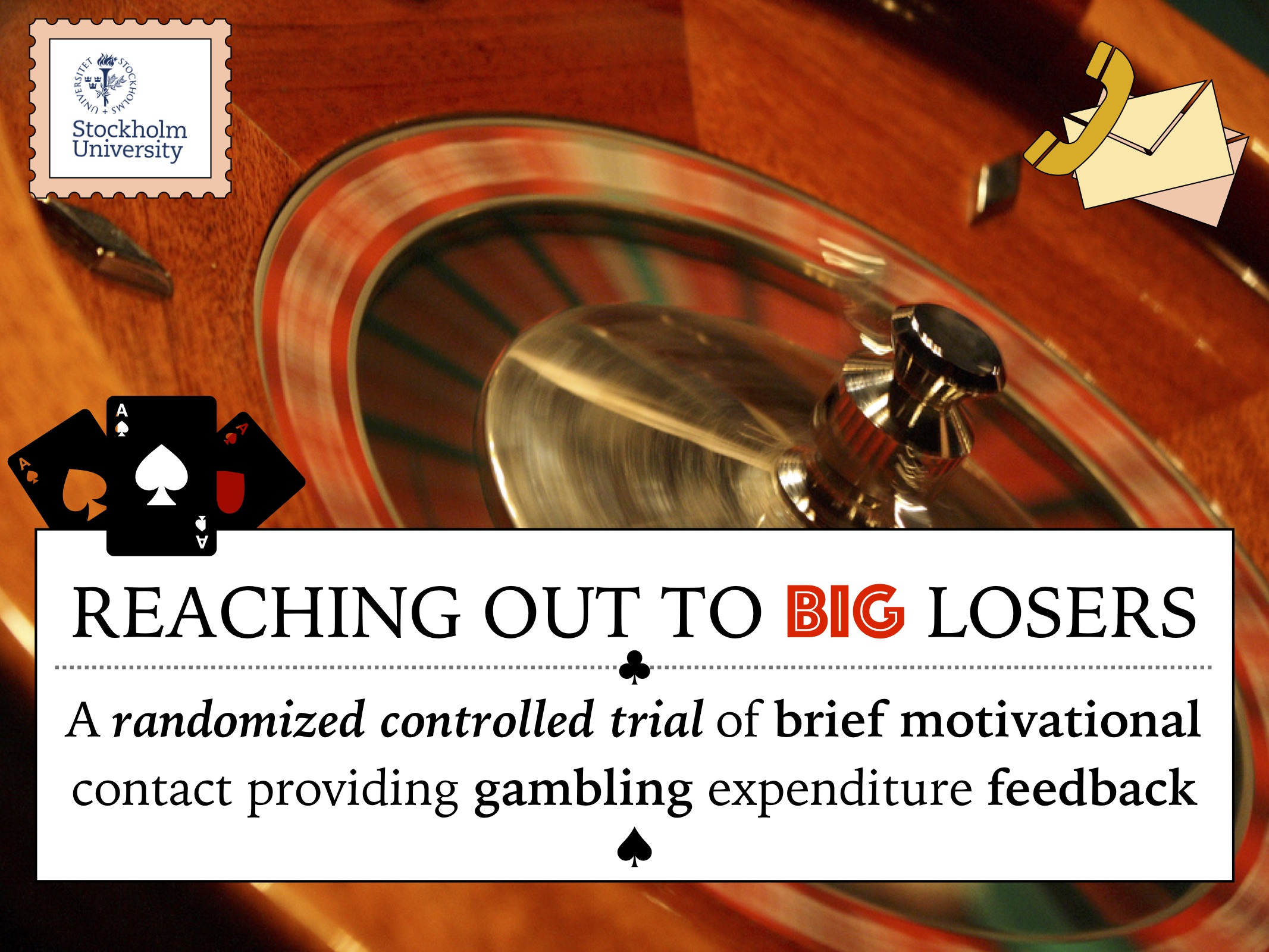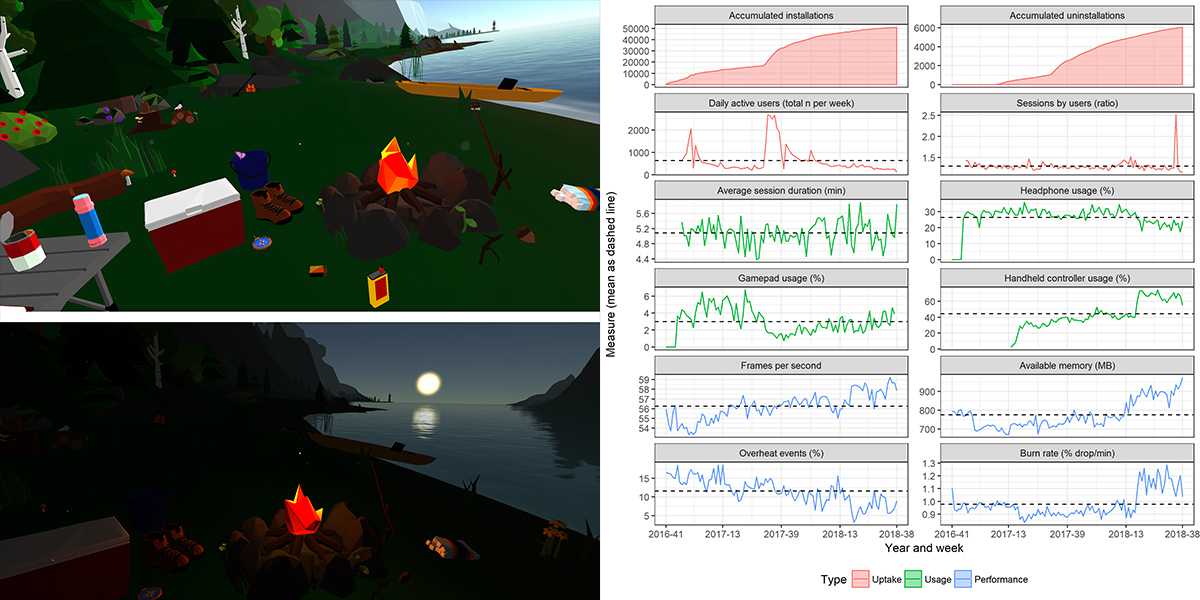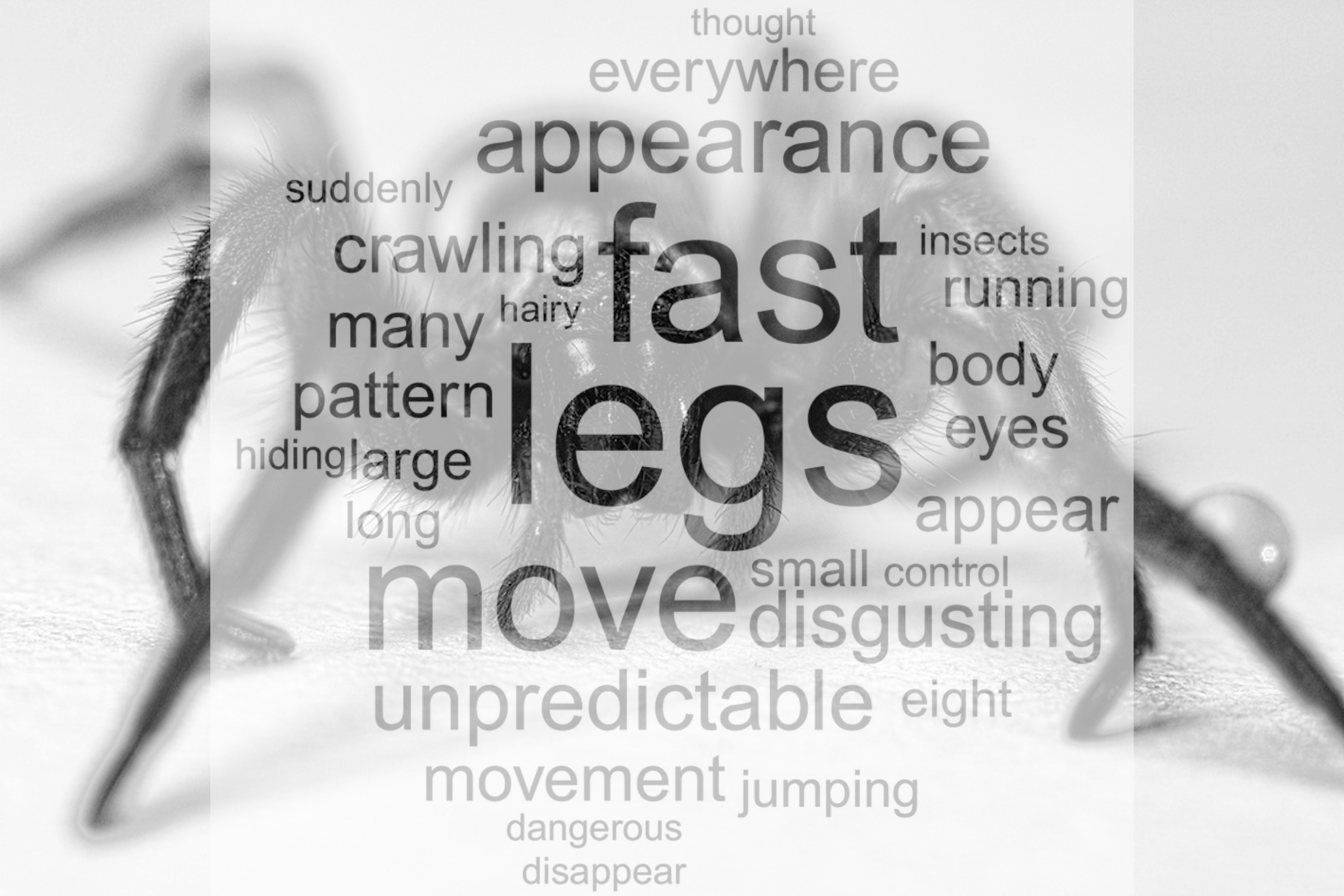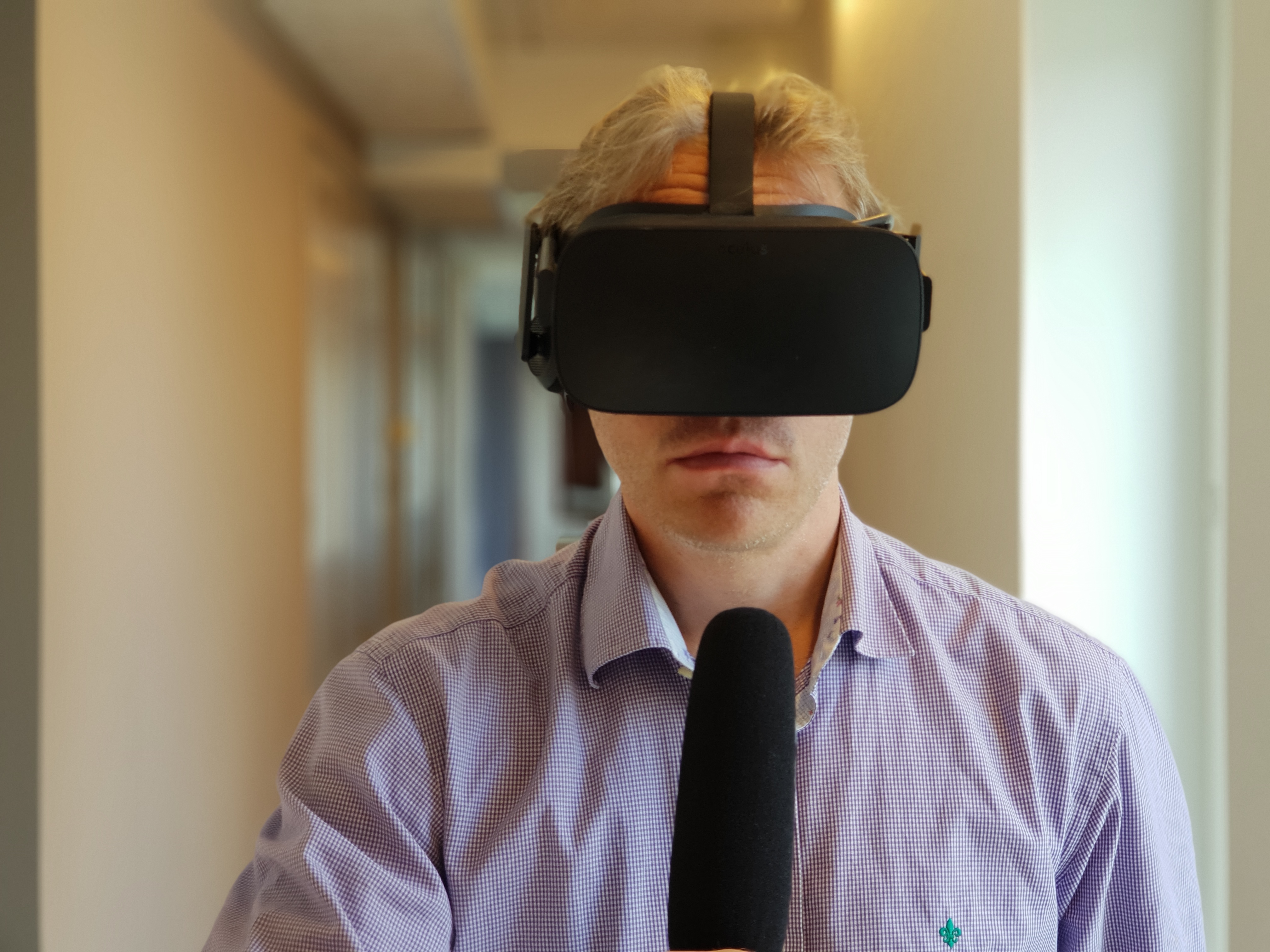Säg adjö till stress: Arbetsfokuserade metoder som ger anställda en ljusare framtid
Om man vill hjälpa anställda med stressrelaterade problem; räcker det med vanliga stresshanteringstekniker eller ger arbetsfokuserade interventioner bättre resultat? I dagens inlägg kommer vi att dyka ner i en ny studie vi precis publicerade i Journal of Medical Internet Research. Vi ville undersöka om en arbetsfokuserad intervention ger ett bättre utfall än en mer generisk … Läs mer!

